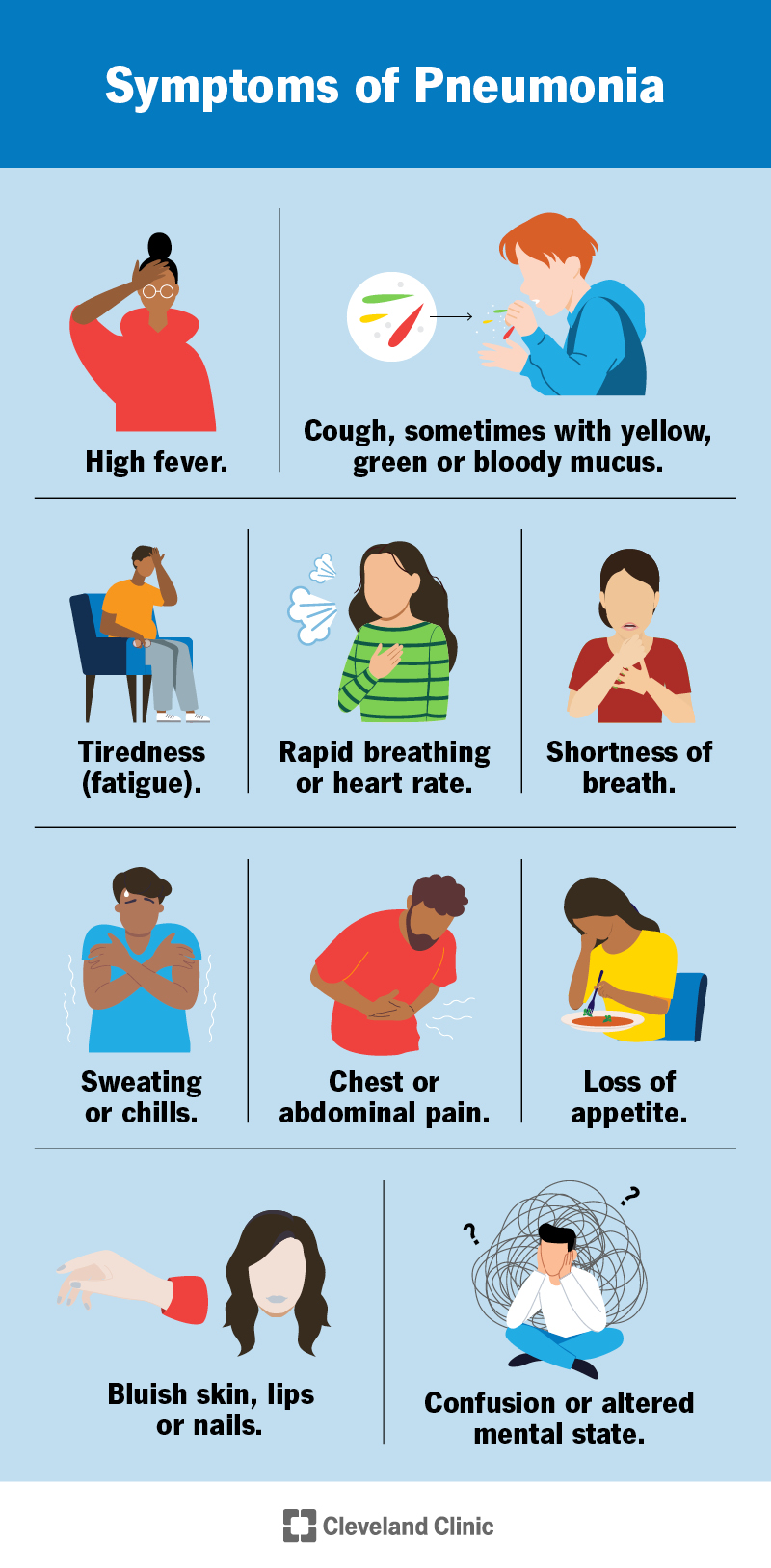Navigating the Pneumonia Outbreak in China: Causes, symptoms , Prevention, and Cures
Causes of Pneumonia:
Pneumonia is an inflammatory condition affecting the lungs, primarily caused by viral, bacterial, or fungal infections. In the case of the outbreak in China, various factors may contribute to the spread of pneumonia, including:
1. Viral Infections: Respiratory viruses such as influenza, adenovirus, and the novel coronavirus (COVID-19) can lead to pneumonia.
2.Bacterial Infections: Bacteria like Streptococcus pneumoniae, Mycoplasma pneumoniae, and Legionella pneumophila are common culprits.
3.Fungal Infections: In certain cases, fungi such as Pneumocystis jirovecii can cause pneumonia, particularly in individuals with weakened immune systems.
The symptoms of pneumonia can vary in severity and may overlap with those of other respiratory conditions. Here are common symptoms associated with pneumonia:
1.Cough: Pneumonia often presents with a persistent cough. The cough may produce phlegm or pus, and the color can range from clear to green or yellow.
2.Fever: A high fever is a common symptom of pneumonia. The body's elevated temperature is a response to the infection.
3.Shortness of Breath: Difficulty breathing or shortness of breath may occur, especially during physical activity. In severe cases, even normal breathing may be challenging.
4.Chest Pain: Chest pain that worsens with deep breaths or coughing is another symptom. This pain can be sharp or a dull, constant ache.
5.Fatigue: Pneumonia can lead to fatigue and a general feeling of weakness. The body expends energy fighting the infection, contributing to overall tiredness.
6.Rapid Breathing: Increased respiratory rate, or rapid breathing, is a common sign, especially in children and infants.
7.Confusion (in Older Adults): Older adults with pneumonia may experience confusion or changes in mental awareness.
8.Nausea and Vomiting: Some individuals with pneumonia may experience nausea and vomiting, particularly if the infection is affecting the digestive system.
9.Muscle Aches: Generalized muscle aches and joint pain can accompany pneumonia, contributing to an overall sense of discomfort
Preventive Measures:
Preventing pneumonia involves adopting a combination of personal hygiene practices and vaccination. Here are essential preventive measures:
1.Vaccination: Ensure you and your family members are up-to-date on vaccinations, especially those targeting influenza and pneumonia. Vaccination plays a crucial role in reducing the severity and spread of infections.
2.Hand Hygiene: Wash your hands regularly with soap and water for at least 20 seconds, especially after coughing or sneezing. If soap is unavailable, use an alcohol-based hand sanitizer.
3.Respiratory Hygiene: Practice good respiratory hygiene by covering your mouth and nose with a tissue or your elbow when coughing or sneezing. Dispose of used tissues promptly.
4.Avoid Close Contact: Minimize close contact with individuals who show symptoms of respiratory infections. Maintain a safe distance, particularly in crowded places.
5.Clean Living Spaces: Regularly clean and disinfect commonly-touched surfaces in your home and workplace to reduce the risk of infection.
Cures and Medical Intervention:
If you suspect pneumonia or exhibit symptoms such as persistent cough, difficulty breathing, and fever, seek medical attention promptly. Treatment may involve:
1.Antibiotics: In cases of bacterial pneumonia, antibiotics may be prescribed to eliminate the bacterial infection.
2.Antiviral Medications: For pneumonia caused by viruses, antiviral medications may be recommended to alleviate symptoms and shorten the duration of illness.
3.Supportive Care: Adequate rest, hydration, and over-the-counter medications to manage symptoms can be crucial for recovery.







Comments
Post a Comment